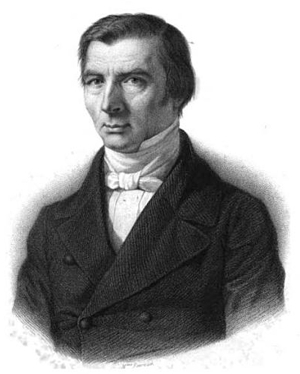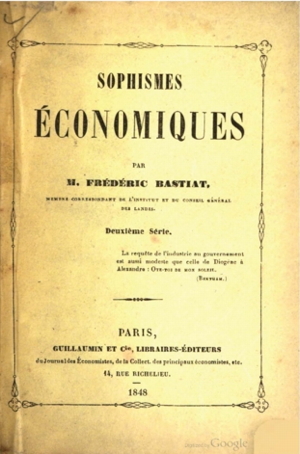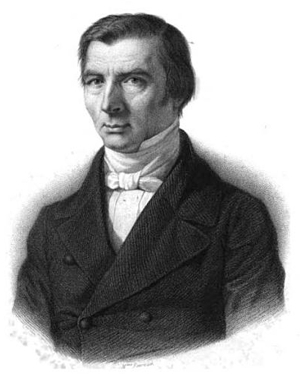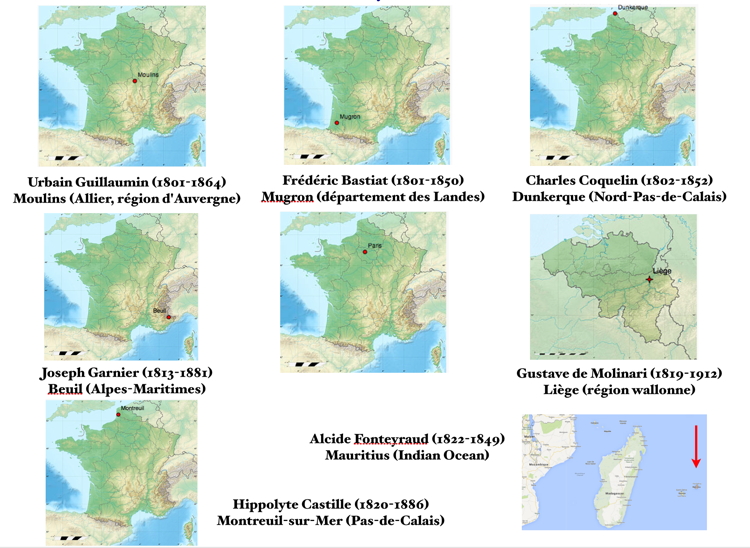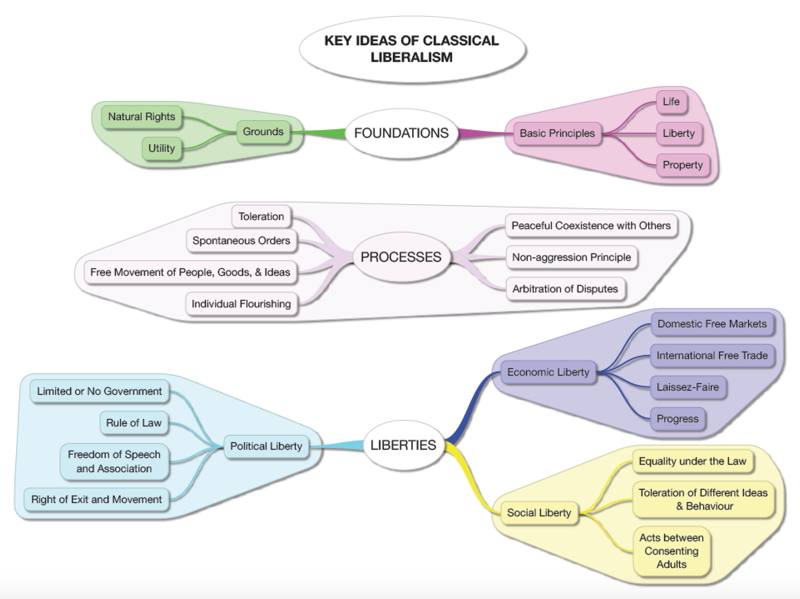A Paper given at the Molinari Society Session “Explorations in Philosophical Anarchy” at the Pacific Meeting of the American Philosophical Society, Seattle WA, 7 April, 2012.
http://davidmhart.com/liberty/Papers/Bastiat/Bastiat_LegalPlunder.html
Abstract: This paper comes out of a larger research and publishing project on the life and work of the French advocate for free trade, economic journalist, arch-critic of the socialist movement, member of the French Chamber of Deputies during the Second Republic, and economic, political, and social theorist Frédéric Bastiat (1801-1850). An important part of Bastiat’s social theory was the idea of “plunder” (“spoliation” in French). His theory emerged in the last 3 years of his life (1847-1850) as he intensified his battle against protectionism and socialism, first as a journalist, then as a politician in the Chamber of Deputies during Second Republic, and then as an economic theorist. In this paper I would like to explore in more detail what Bastiat thought about the history of plunder and what part it plays in his social and economic theory.

